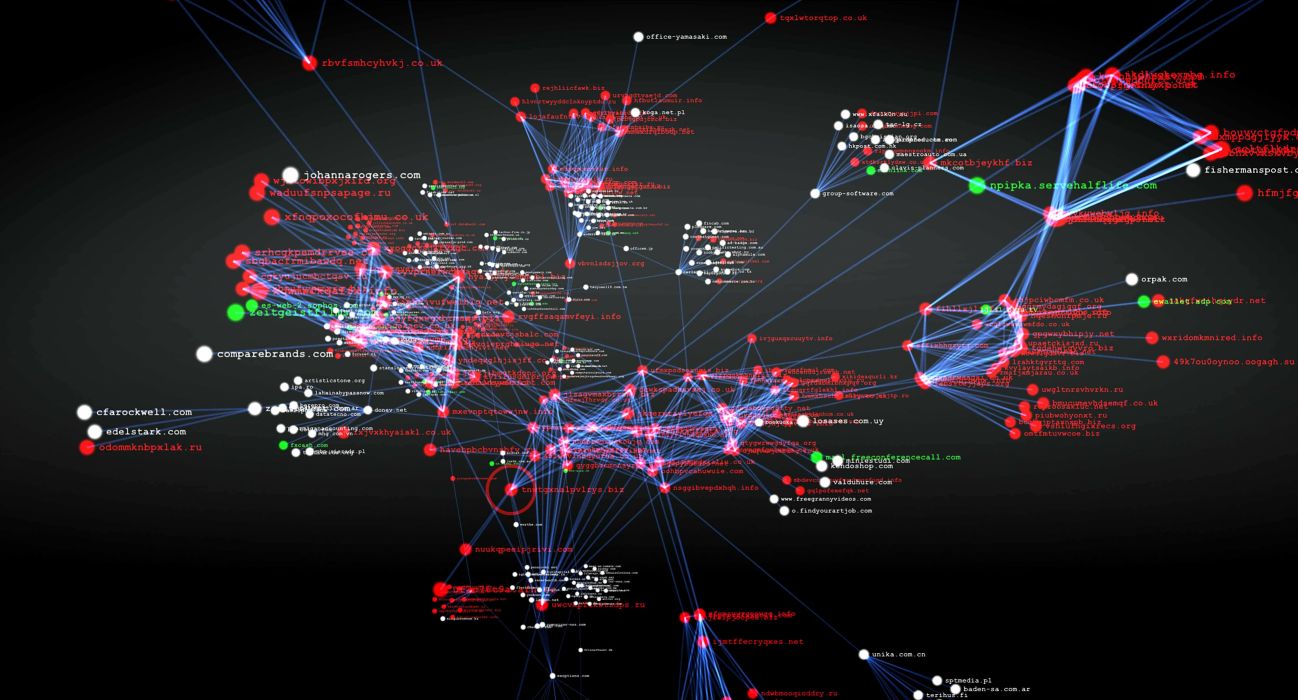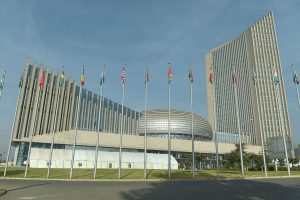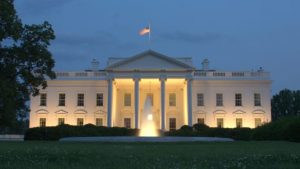Anarchy in International Relations refers to absence of a governmental authority. In an anarchic system, there is no hierarchy. In fact, dominant realist perspective would contend that the international system can only be understood within the context of a Hobbesian disposition – where the international system is a ‘a chaotic arena of war of all against all’. Let me simplify this for our readers a little bit by situating this idiosyncratic opinion in context. In the month of September 2019, I was invited to give a lightning talk at the Forum on Internet Freedom in Africa in Addis Ababa, Ethiopia by the Collaboration on International ICT Policy in Eastern and Southern Africa (CIPESA). The 6th inaugural annual event that brings in ICT practitioners, private firms and associations, Governments as well as Civil Society Organizations to deliberate on the current status as well as future of digital transformation in the continent has remained one of remarkable platforms for debate, analysis and perspectives around the intersection of human rights and technology in the contemporary world.
While in Addis Ababa, my lightning talk concentrated on the concept of ‘Cyber anarchy’ and I asked the fundamental question; is the governance of internet anarchical in nature? My central argument was based on the premise that the lack of a central authority at international system to order state behaviors creates a condition of anarchy even in as far as internet governance is concerned.
The argument was hinged on assertions which specifically argues, that ‘nations dwell in perpetual anarchy, for no central authority imposes limit on the pursuit of sovereign interests’ (Oye,1985). I then argued that, because of the primacy of the states in the international systems, states pursue their own interest in the cyber space based on their own sovereign as well as jurisdictional and legitimate authority. This means repressive regimes for instance, would enact cyber laws, policies and or regulations without any fear of some form of ‘ordering’ from above. The case of Tanzania and Uganda where cybercrime laws have been passed and currently used according to analysts, to undermine freedom of human rights activists, journalists, and other forms of dissenting voices were instructive.
Today, I would like to extend this discussion and perhaps even with the hope that future digital discussions such as the RightsCon, the African IGF and or the global IGF would benefit from this perspective. It’s important to note that governance is not only a concept exclusively applied to governmental authority but also transcends spheres such as the private firms, association of firms, non-governmental organization etc. Government governance therefore refers to a set of guiding rules and norms that guides any area of human activity and thus are seen to mean formal internal processes of state institutions and their relationship to one another. In fact, Keohane and Nye (2012) argues that “by governance, we mean the processes and institutions both formal and informal that guide and restrain the collective activities of a group”. Considering the complexities as well as the global interconnectedness of internet, and yet not to downplay the roles of international organizations such as ICANN, how can such a complex governance architecture be enforced at the international level?
The United States of America has huge interests in the governance and management of the internet control system and so is great powers such as China, Russia, United Kingdom, Japan amongst others. Schools of thoughts have been advanced around governing the internet in which all actors are represented for instance, the multi-stakeholderism. The idea of multi-stakeholder approach is to ensure the views, perspectives as well as interests of all actors (including government, private firms, Civil Society etc.) in the internet is taken into account. However, Robert Axelrod, the American Political Scientist in his 1984 seminal work ‘The Evolution of Cooperation’ asks a fundamental question “under what conditions will cooperation emerge in a world of egoists without a central authority?’ Whereas anarchy according to realists is believed to be the fundamental fact of the international system, this is not to down play the views of other schools of thoughts. Rather this piece seeks to broaden as well incorporate International Relations perspectives to such debates. Internet governance at the domestic level is even more crucial to talk about because its concerned with power, authority and ideational interests of those in authority and its relative consequences to the citizens.
It’s important to note that nation states are bound by international law as well as other normative standards and are required to act based on such laws and not in its contravention and yet of course, we have seen many instances where states have acted unilaterally even in broad day light contravention of international law. However, moving forward, and at the domestic level, states are preoccupied with power, sovereignty, territoriality, interests and jurisdictional authority. Thus, the ways in which authority determines the rules under which internet is governed domestically shape the price, qualities and levels of internet services that are available to citizens. This is why states have over the years exerted authority on aspects of digital content, digital resources for instance, digital taxes. In fact, Wilson (2005) calls this arrangement of things as ‘Strategic Restructuring’ to refer to the iterative effort by elites strategically located within a social system to reformulate the rules of the game in ways that conform to their own material and ideational interests.
Domestically states grapple with challenges arising from use of digital tools in the cyber space such as cyber espionage, cyber weaponry etc. This developments in the cyber space require States to adapt and acquire cyber defensive capabilities. The Cyber defense capabilities that most states in the global south acquire from the global north have been used to target both states, non-state actors and even citizens. All these developments in the cyber space undermine global stability of the cyber space. African governments continue to acquire cyber defensive capabilities to spy on other states and even their citizens. In 2009, China was linked to Goshnet, a large scale spy network that are now used in the security establishment by many state and non-state actors. Firms in the UK, Israel, Iran, Russia etc. are associated with selling spyware technologies to African repressive governments. These surveillance equipment costs the African continent colossal sums of money. In 2015, Uganda was faulted for acquiring Fin Fisher; an intrusion malware manufactured by the Gama group of companies headquartered in the UK to conduct large scale communications surveillance. Tanzania, Rwanda, Sudan, and Kenya among other countries are in the same arrangement of things.
We applaud the efforts of the Global Commission on the Stability of the Cyber Space and their impressive work on developing norms to guide state behaviors. While we acknowledge the fact that today we grapple with so many issues such as cyber diplomacy verses traditional diplomacy – the trends are rapidly changing. We also ask further the question as to how we can ensure states comply with new norms and guidelines even in a situation where the international system is largely normative in character? We propose global efforts to deepen engagement with all actors – private sectors/firms, engage strongly government bureaucrats and authorities, build capacity both at the level of states but also of actors and citizens to ensure that the governance structure of the internet promote peace and stability in a ubiquitous, political and complex global environment.
Thus, it can be concluded that anarchy is a key concept that can be applied to internet governance, but the international system is also intersubjective and since the world is not an objective reality, navigating ways through which states can mutually agree and adhere to a set of rules and principles is crucial. Efforts should be geared towards engaging sovereign authorities to avoid unilateral actions but work towards the goal of multilateralism. While many people would argue for the case of the balance of power theory, I am inclined to argue that in an anarchic system composed of egoistic principalities, the role of the hegemon is crucial. I believe the United States of America has a huge role to play in the contemporary geopolitical arrangement to help direct, re-direct action or influence state actions or you could as well say state behaviors.





